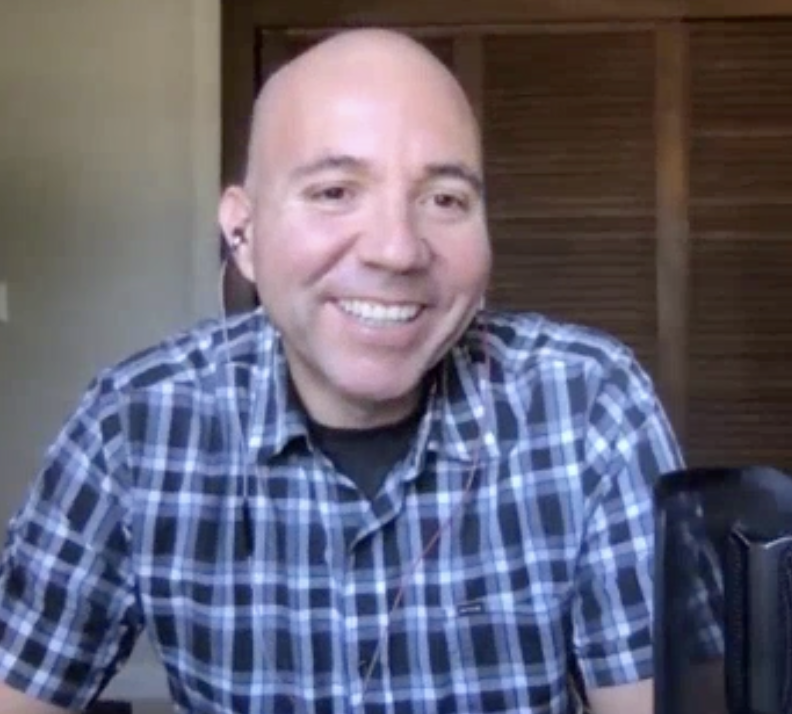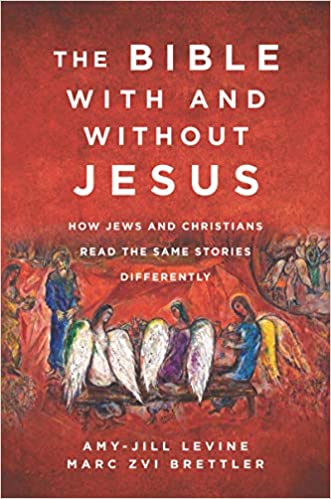 We’re honored to learn from Dr. Amy-Jill Levine and Dr. Marc Zvi Brettler in this week’s podcast about their latest book “The Bible With and Without Jesus: How Jews and Christians Read the Same Stories Differently.”
We’re honored to learn from Dr. Amy-Jill Levine and Dr. Marc Zvi Brettler in this week’s podcast about their latest book “The Bible With and Without Jesus: How Jews and Christians Read the Same Stories Differently.”
They share how Biblical texts can be interpreted in different ways depending on the historical, literary or theological perspective used. And how those interpretations have varied throughout the ages — even within the same religious tradition.
The podcast discussion includes a discussion on the historical model of Biblical interpretation, the doctrine of original sin, the challenges of applying Biblical ethics like Sabbath day observances, and the ways that ancient Israel and Biblical writers expressed monotheism and polytheism in our Hebrew Bible and New Testament.
You can subscribe or download this episode on iTunes, Spotify, Google Podcasts or Stitcher. You can also watch or subscribe to the video series on YouTube.
This podcast includes discussions on:
• Jewish & Christian Views on Doctrine of Original Sin
• Creation of Humans: “Let us Make Man in Our Image”
• Monotheism & Polytheism in Ancient Israel
• Jewish Understandings of the New Testament
• Sabbath Day Observances
• Polytheism & Supernatural Beings in the New Testament
EP09: How Jews & Christians Read the Same Stories Differently
Dr. Amy-Jill Levine and Dr. Marc Brettler talk with us about the importance of empathy and growing in awareness for the different biases and filters we all use when reading the Bible (even when we try to be objective). They also share with us about the importance of learning how different religious traditions interpret their Bibles — and why we all need to become more familiar with each other’s perspectives. Dr. Levine also talks with us about how the Bible isn’t just a dialogue to engage in — but a trialogue.
Listen to part one:
EP10: Jewish & Christian Views on Monotheism, Original Sin & Use of the Torah
Dr. Amy-Jill Levine and Dr. Marc Brettler discuss Jewish and Christian perspectives on the doctrine of original sin, how we pick and choose what Biblical laws to follow, and examples of monotheism and polytheism in the Hebrew Bible and New Testament.
Listen to part two:
Some takeaways from these conversations:
- Growing in empathy means becoming more open to learning about how different religious traditions understand the Bible. Learning about different religious interpretations on Biblical texts can help us gain deeper appreciation for the Bible and different scriptural insights to help us with our own understanding.
- We need to acknowledge the biases and filters that we bring to the Bible (even when trying to study the scriptures objectively). Dr. Levine and Dr. Brettler mention that we all have various lenses that impact how we read and understand the Bible — and the lenses can change based on historical analysis, religious study, or our own personal readings, which are informed by our own experiences, culture and time period.
- God gave us brains to analyze the Bible critically. Sometimes we might feel resistant to critically studying the Bible — in fear that it might hurt our theological or religious thinking about it. We need to remember that God gave us minds to think critically and to ask questions. The more critical we read the Bible, the deeper our understanding can become.
- The Bible gives us examples of monotheism and polytheism in both our Hebrew Bible and New Testament. Biblical writers reference various supernatural beings throughout the scriptures, which reveals that these ancient authors had different ideas about the spiritual realm and how those beings interacted with people.
- The doctrine of original sin is complicated — and creates different Biblical understandings depending on the interpretive path we take. It’s important to realize how different views on original sin impact the storyline and themes we look for in scripture. As a Christian, my perspective on original sin has been largely influenced by Paul’s writings in the New Testament and a lot by how Augustine thought about it. The Jewish tradition doesn’t emphasize the idea of original sin because it’s not a focus in our Hebrew Bible. It’s important to have empathy for each other’s viewpoints as Dr. Brettler and Dr. Levine modeled for us in this conversation.
Video of part one of our conversation:
Video of part two of our conversation:
Amy-Jill Levine
Dr. Amy-Jill Levine is University Professor of New Testament and Jewish Studies and Mary Jane Werthan Professor of Jewish Studies at Vanderbilt (Divinity and A&S); she is also Affiliated Professor, Woolf Institute: Centre for Jewish-Christian Relations, Cambridge. She has also taught at Swarthmore College, Duke University, and the University of North Carolina-Chapel Hill.
Her books include The Misunderstood Jew: The Church and the Scandal of the Jewish Jesus; Short Stories by Jesus: The Enigmatic Parables of a Controversial Rabbi; and The Gospel of Luke (with Ben Witherington III (the first full-length biblical commentary co-authored by a Jew and an Evangelical). Her most recent volume is The Sermon on the Mount: A Beginner’s Guide to the Kingdom of Heaven. Together with Marc Brettler, she edited The Jewish Annotated New Testament.
Marc Zvi Brettler
Marc Brettler, a member of the American Academy for Jewish Research and the Council of the Society of Biblical Literature, is the Bernice and Morton Lerner Professor of Jewish Studies in the Department of Religious Studies at Duke University. The Dora Golding Professor of Biblical Studies Emeritus and former chair of the Department of Near Eastern and Judaic Studies at Brandeis University, he has also taught at Yale University, Brown University, Wellesley College and Middlebury College.
A graduate of Brandeis University, he has published and lectured widely on metaphor and the Bible, the nature of biblical historical texts, and gender issues and the Bible. He is co-editor of the Jewish Study Bible, first published by Oxford University Press in 2004. That book has won a National Jewish Book Award, and was called “a masterpiece” in a review in the Times Literary Supplement. A second, expanded and revised edition was published in 2014.
Here are some of my favorite quotes from the book:
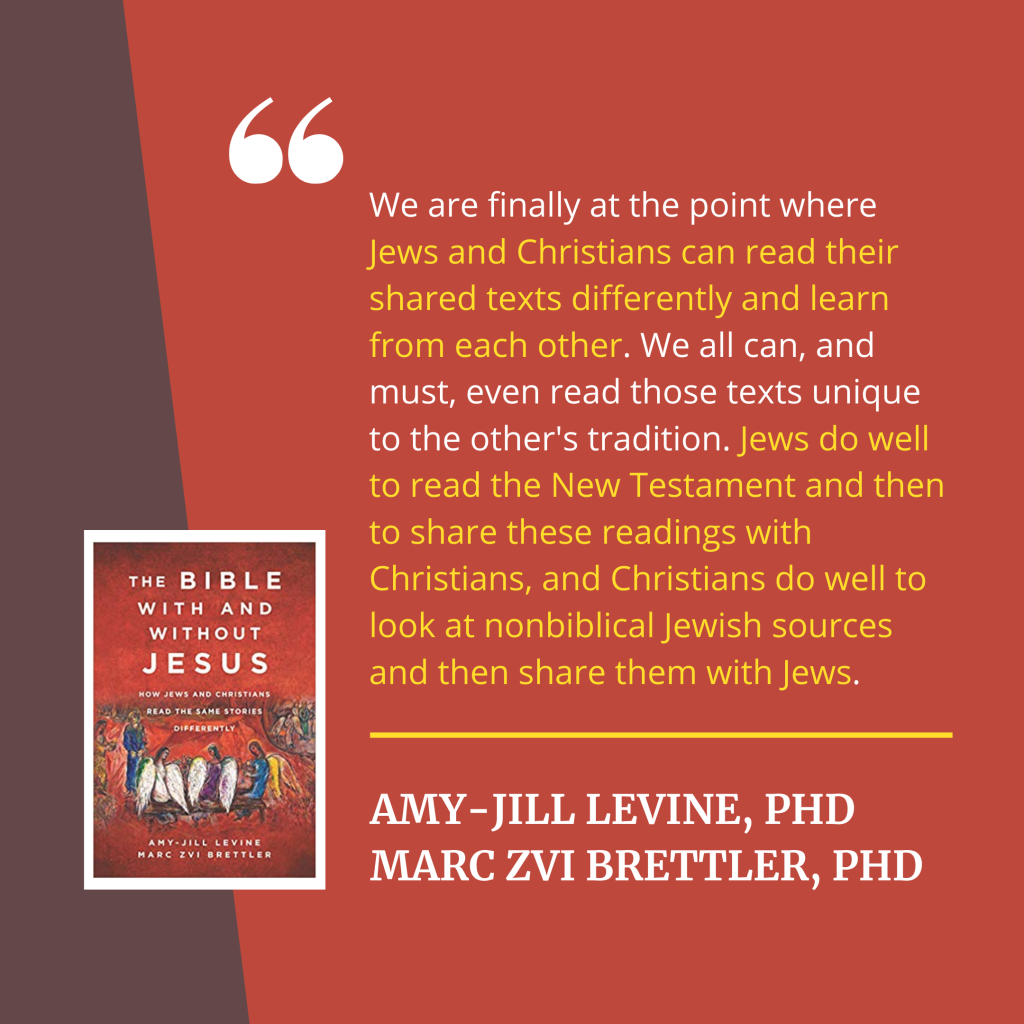
And here’s another helpful quote about the importance of reading the Bible with wonder — and a desire to understand the various perspectives by different religious traditions:
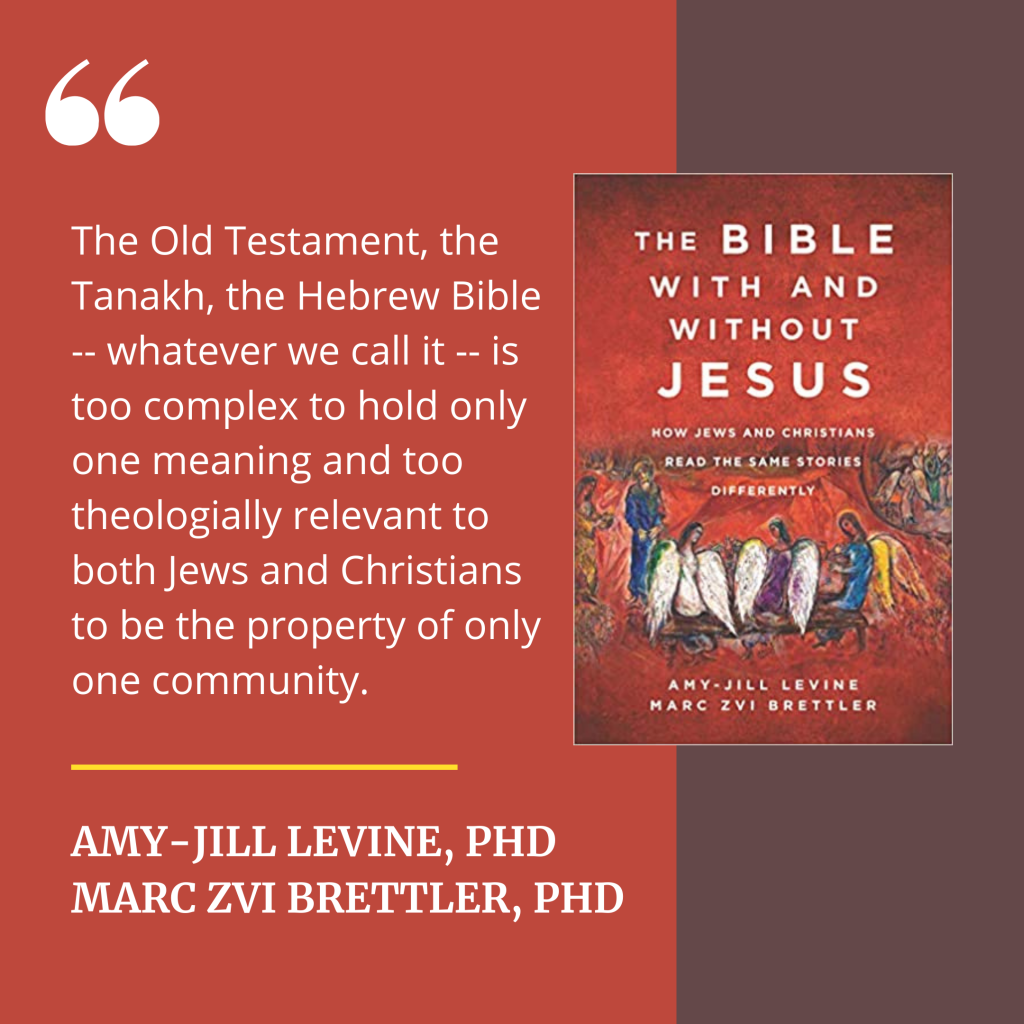
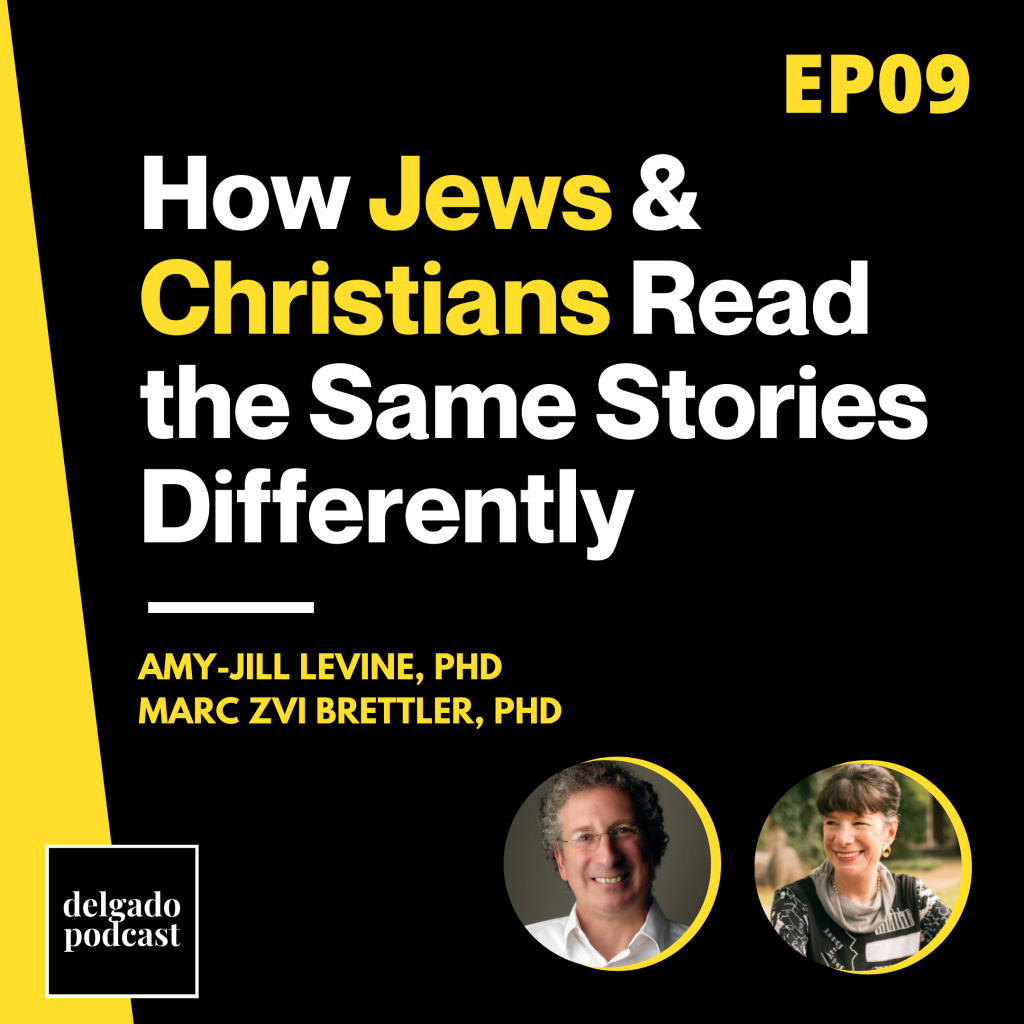
Check out more episodes from the Delgado Podcast.
To keep up with this weekly podcast series featuring academics, authors and artists who challenge us, you can get updates on Instagram and Twitter or subscribe to the video interviews on YouTube. Reach out with any suggestions for authors to feature, topics to discuss and share your thoughts on an episode.

